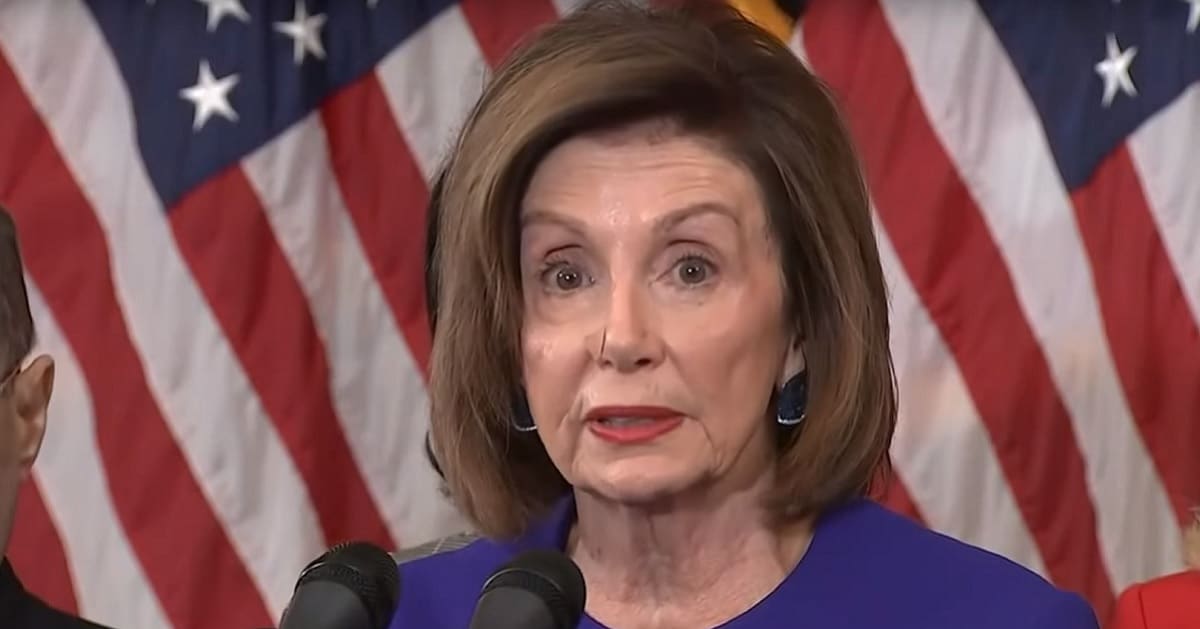




The U.S. Supreme Court has unexpectedly added Thursday and Friday to its opinion days schedule this week. This change aims to address a backlog of significant cases before the term ends.
Newsweek reported that the Supreme Court's announcement came via a post on X, formerly known as Twitter, by senior legal affairs reporter Josh Gerstein. The court originally scheduled opinion days for Wednesday but has now included Thursday and Friday to expedite rulings.
The Supreme Court currently faces a backlog of over two dozen cases that require decisions. Justices typically aim to conclude their term by late June or early July, with a recess until the next session starts on the first Monday of October, as mandated by law. This addition of opinion days suggests a push to finalize these decisions promptly.
Among the cases awaiting rulings are high-profile decisions that could have widespread implications.
Legal experts believe this move might be a strategy to avoid overwhelming rulings in a single day. "Justices would like to be finished with the term by the end of June and probably want to avoid issuing too many decisions on a single day," said Dan Urman.
One of the most anticipated rulings involves the question of whether presidential immunity protects former President Donald Trump from criminal charges related to his actions while in office. This decision could set a significant precedent for presidential accountability.
Another critical case is Moyle v. United States, which will determine if Idaho's abortion ban conflicts with the federal Emergency Medical Treatment and Labor Act.
This case could have far-reaching consequences for abortion laws across the country.
Additionally, the court will address the United States v. Rahimi case, which examines the constitutionality of prohibiting individuals under domestic violence restraining orders from possessing firearms. This ruling could impact gun rights and domestic violence protections nationwide.
Two cases concerning the government's role in regulating social media content are also on the docket.
These cases will explore the extent of political censorship and the regulation of online speech, potentially reshaping the landscape of digital communication.
Another case of note is Fischer v. United States, which will determine if federal prosecutors can charge participants in the January 6, 2021, U.S. Capitol riot with obstruction of an official proceeding. This decision could influence future prosecutions related to political protests and actions against government proceedings.
The court's determination to finalize these impactful decisions before the end of June underscores the urgency and significance of the pending cases. Each ruling has the potential to influence various legal and political debates across the nation.
The addition of two extra opinion days reflects the Supreme Court's effort to manage its workload efficiently. Legal analysts speculate that this move aims to ensure a balanced distribution of rulings and to prevent a last-minute rush of decisions.
Josh Gerstein highlighted the court's intentions in his post: "JUST IN: #SCOTUS announces Thursday and Friday of this week as opinion days in addition to previously announced Wednesday. Still a chance to clear the decks by Friday."
This scheduling change not only addresses the immediate backlog but also signals the court's commitment to delivering timely justice. The decisions made in these final days of the term will likely resonate throughout the legal and political spheres for years to come.
In summary, the U.S. Supreme Court's decision to add Thursday and Friday to its opinion days schedule this week highlights the urgency to address a backlog of significant cases. This move includes high-profile decisions on presidential immunity, abortion laws, gun rights, social media regulation, and the January 6 Capitol riot. By extending the schedule, the court aims to manage its workload efficiently and ensure timely rulings before the term ends.
Newsweek has reached out to the U.S. Supreme Court for comment via email, seeking further insights into the reasons behind this schedule change and its potential implications.



